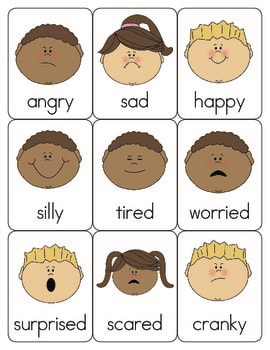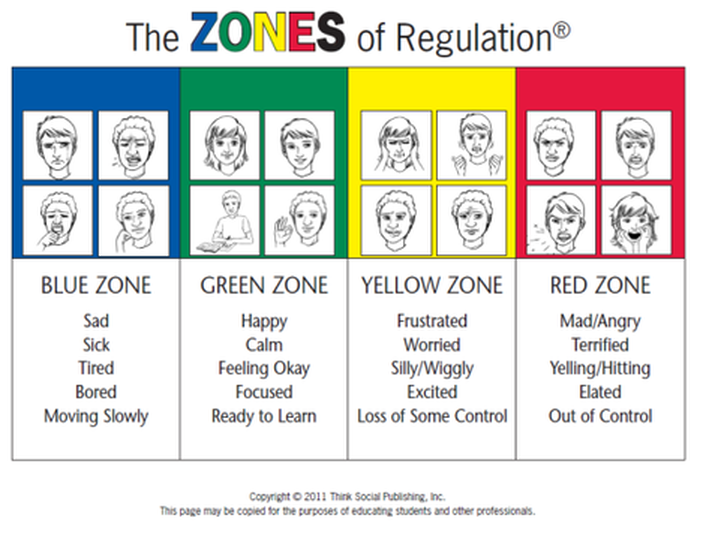In the next few days, I will be heading out on paternity leave as my wife and I welcome the birth of our second child. Fortunately, we have hired a great School Counselor to support the students and families at Armstrong School for the remainder of the year. I would like to welcome Sara Dow. Sara has previously worked in the North Andover school system, and is excited to join our community. She wrote the following statement of introduction, which she would like to share with you.
Hi Armstrong Families!
My name is Sara Dow and I will be the long term school counselor substitute while Mr. Starr is home with his newborn baby. I am very excited and look forward to getting to know all the children, families and staff here at Armstrong. I recently graduated from Cambridge College with a Master’s degree in School Adjustment and Licensed Mental Health Counseling. I have spent many years working with children in different mental health capacities and knew that working in a school environment would be my long term goal. My most recent position was also a long term substitute position in an elementary school. In my free time I love playing and going on adventures with our new kitten and chocolate lab puppy. I look forward to being a supportive and caring face for all the Armstrong students to finish out the year on a strong a positive note!
Sincerely,
Sara Dow
Email: [email protected] Phone: (508) 836-7760



 RSS Feed
RSS Feed
